A look at retention rates
Emily Nickles, Editor-in-Chief
Part two of a three part series
 It’s not a secret that TWU’s graduation and retention rates are lower than the national average for students on a 6-year degree plan. At a deeper look into the university proceedings regarding the issue of drop outs and transfers, Chancellor and President Dr. Carine Feyten has already made moves to address retention rates by creating the Strategic Retention Council (SRC) using a tri-chair system.
It’s not a secret that TWU’s graduation and retention rates are lower than the national average for students on a 6-year degree plan. At a deeper look into the university proceedings regarding the issue of drop outs and transfers, Chancellor and President Dr. Carine Feyten has already made moves to address retention rates by creating the Strategic Retention Council (SRC) using a tri-chair system.
Executive Director of the Pioneer Center for Student Excellence Dr. Joshua Adams, Executive Director of Diversity Inclusion and Outreach Becky Rodriguez and Director of Admissions Erma Nieto-Brecht serve as the chairs of the SRC and represent the departments of Academic Affairs, Student Life and Enrollment Services.
Adams said that having representatives from each department signifies that it is a university effort to improve retention and graduation rates, rather than an individual movement. The council is barely a year old, but Adams stated that they were already starting the process of creating policies: “We have gathered data under the guidance of Dr. Hamner in Institutional Research and we’ve already started looking at existing data that we have.”
By looking at the national literature and statistics, Adams said that the council has recognized what the best practices are for universities across the board—however, that may look different for students at TWU. Adams pointed out: “Given our primary focus of a women’s institution, we have unique challenges that other institutions may not have, we have unique opportunities that other institutions may not have.”
In Fall 2015, the SRC piloted an Early Warning program. The program operates to where faculty members can go to an online system and flag students in their courses if there are some concerns about them, such as class attendance or performance on assignments.
According to Adams, the program has existed in the past few years, but the SRC decided to take it a step further. Once an email has been generated to the student in question, after the initial data was entered, the program will follow up with a phone call. The phone call is intended to follow-up on the receipt of the email and offer assistance through other programs on campus.
Early Warning is currently being evaluated for success rates and will possibly be launched at a larger level Fall 2016. From Adams’ perspective: “To me that’s one of the things that makes TWU special, is that our faculty and our staff really care about our students. I think that’s really important to the student experience. I think our students care for each other and look out for each other… I hope we can continue fostering that as a university.”
Rodriguez commented on programs that are already available to assist students: “TWU is currently reaching out to all students through various current programs and initiatives such as the TWU Pioneer Center for Student Excellence, the Living Learning Communities, SUCCESS Mentor Program and G-Force Mentor Program.” These programs focus on the academic success of students. Rodriguez and Adams both agree that the SRC is still under development and cannot comment on future initiatives. The SRC is supposed to have the potential to help students reach degree attainment when the initial stages of analysis and evaluation have been completed.





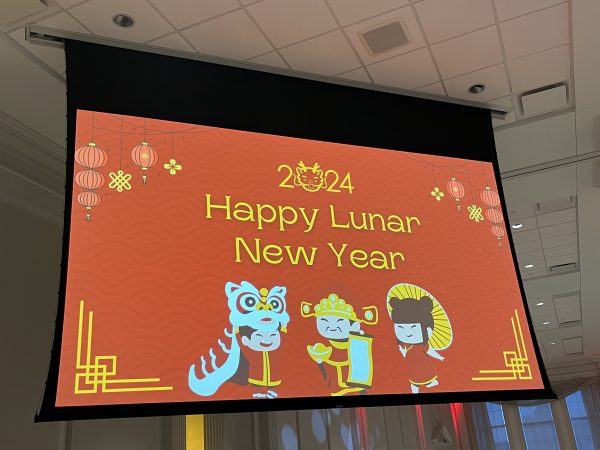
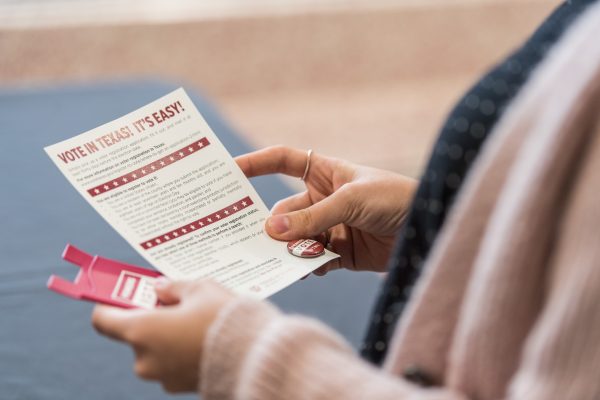
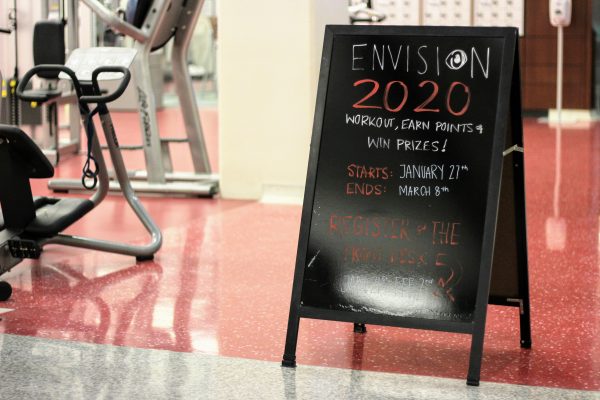

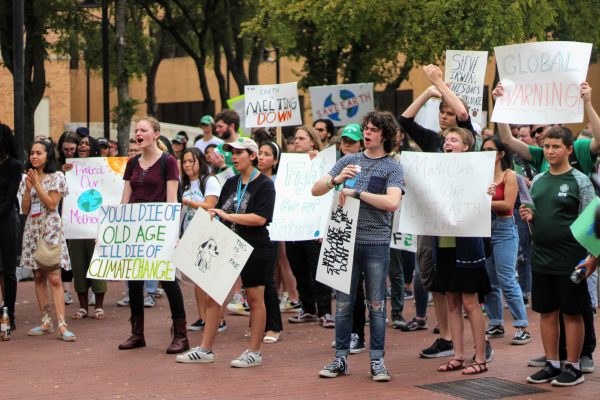


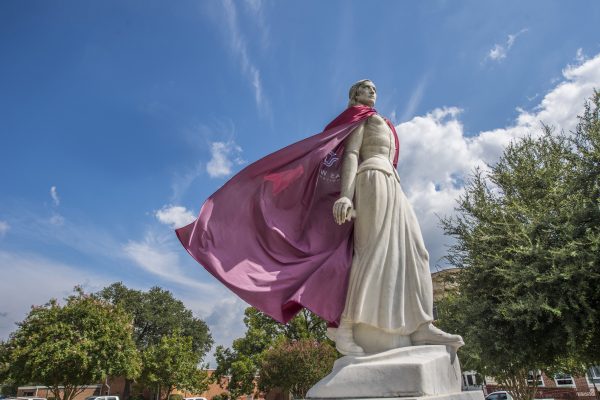

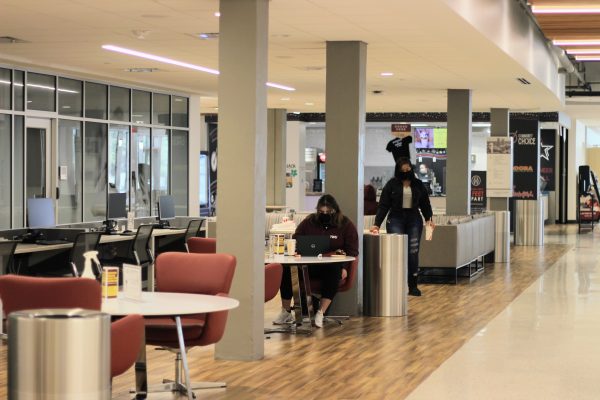
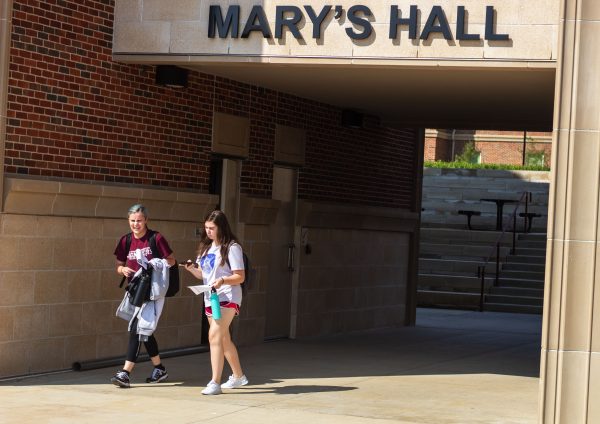
Be First to Comment